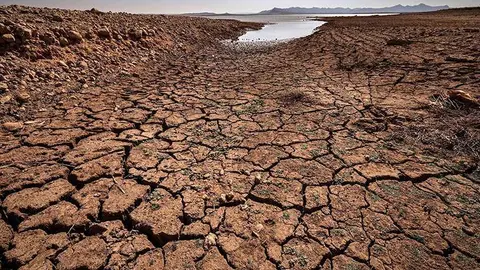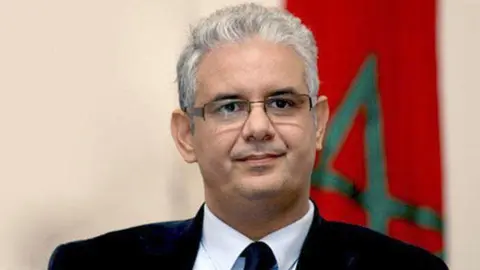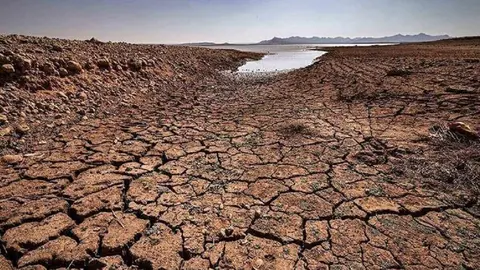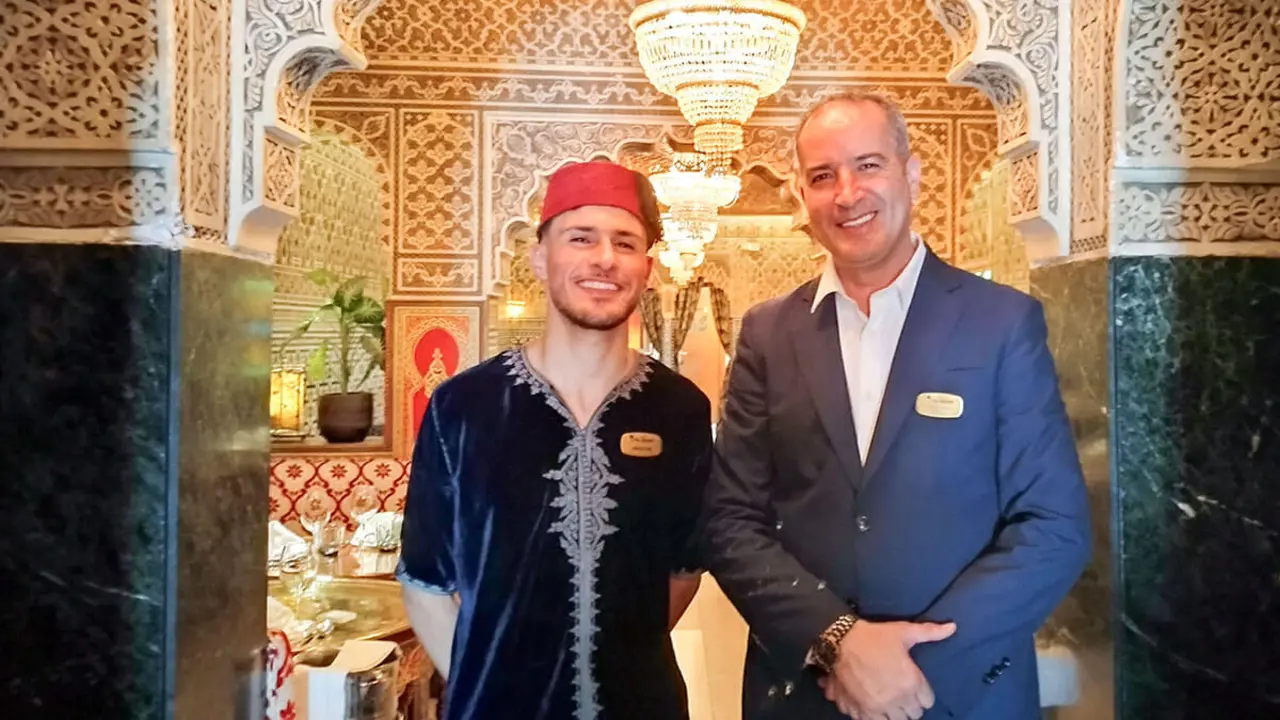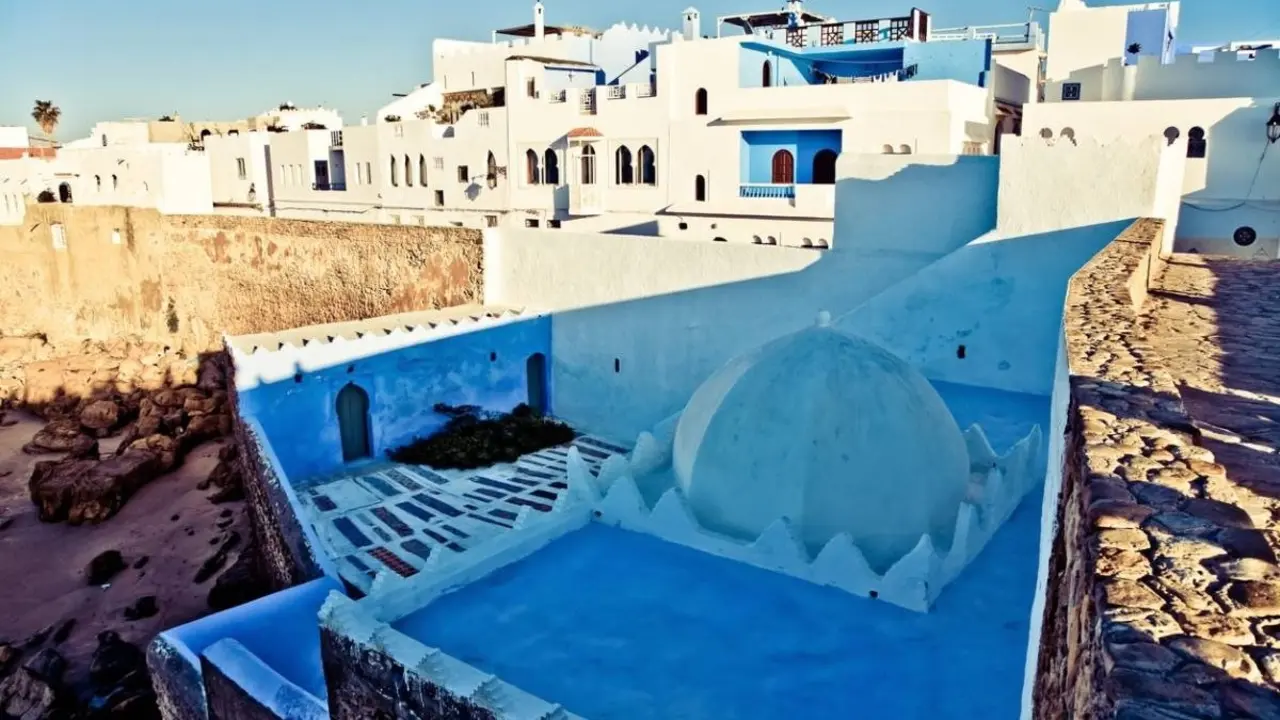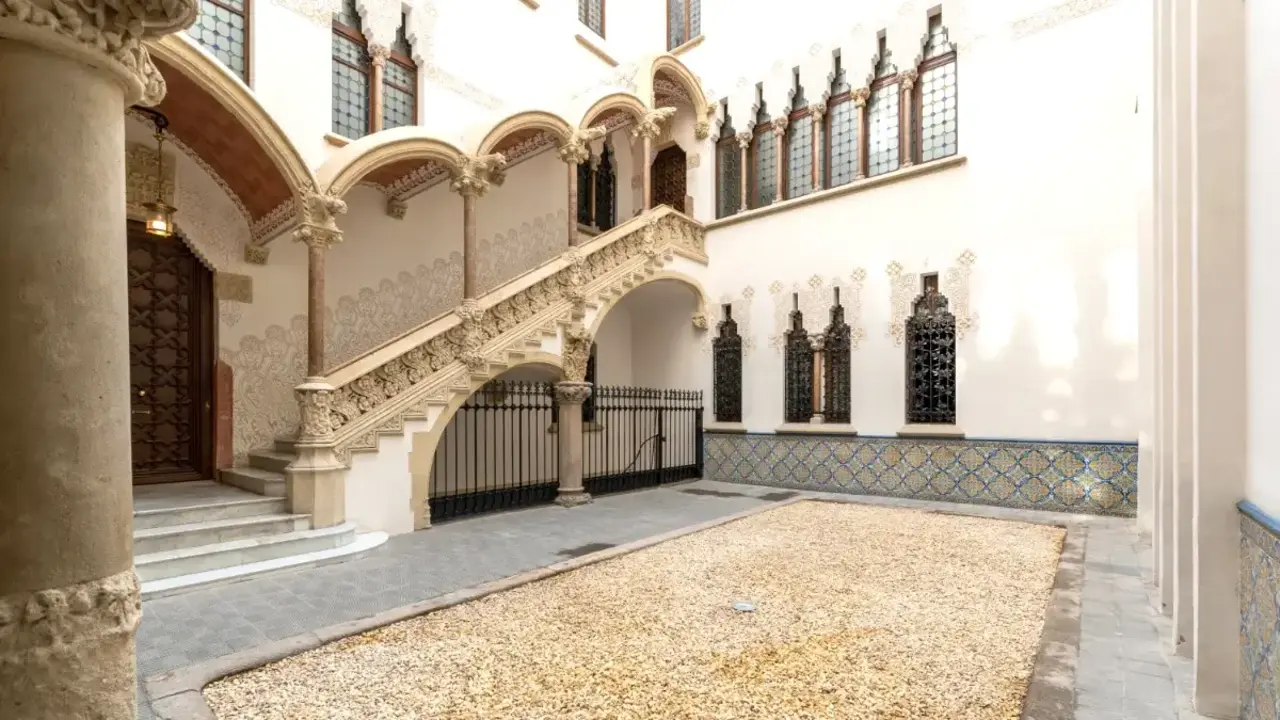Morocco inaugurates the first water highway

The Kingdom of Morocco, faced with the needs caused by climate change, has managed to connect two of the most important rivers in the country in order to guarantee the water supply in Rabat and Casablanca. To do this, the highways will supply water to the Sidi Mohamed Ben Abdellah and El Massira dams.
Although the Bouregreg basin already supplied drinking water to the metropolitan area of Casablanca, the so-called “water highways” will help ensure that the supply is guaranteed along the entire coastline between the cities of Rabat and Casablanca.
The project, which should have been completed in 2021, was resumed by the current government team. The cost that has exceeded 6,000 million dirhams. Since the Ministry of Agriculture, in collaboration with the Regional Office for the Development of Gharb, took over the plan, the “water highways" of more than 66.5 kilometers in length have been built in record time. At the moment, the water security of more than 12 million people is guaranteed.

It currently has two pumping stations and in addition to al Sebou and Bouregreg, the construction of the highways also has an influence on the Oum Er Rbia and Al Tensift rivers. This is just the beginning of the pharaonic project carried out by the Moroccan Executive. With a transport capacity of 3 cubic meters per second (15 cubic meters per second by the end of September), the new canals are expected to carry more than 400 million cubic meters of water to Rabat and Casablanca.
Among the main functions of the water highways, the institutions in charge of the project highlighted: guaranteeing flexibility and better management of hydraulic structures, guaranteeing the supply of drinking water in coastal regions and supporting their socio-economic development, optimizing resource management through the effective use of desalination plants, contributing to the protection of possible floods that lead to floods and, in the future, expanding networks to be able to intercommunicate all the basins and rivers of the country.
Morocco is a pioneer country in Africa
Water is one of the few resources that the continent suffers from a shortage of. The “water highways" project has been a fact that has resonated in all countries of the world, but especially in the countries of the African continent. Morocco, with the construction of highways, has been ahead of all its neighboring countries.
Water management in Morocco
The consequences of climate change are being the great rival of the country's administration. Although the geographical position of the country has a great strategic value, the desert climate, aggravated by the climatic consequences, has always been in the focus of the Government, that's why water management is fundamental for the development of the country.
Likewise, the Executive led by Aziz Akhannouch expects to build 179 large dams by 2027 and more than 20 desalination plants by 2030, with which Morocco aspires to obtain more than 1,000 million cubic meters from desalination plants. Currently, the country has 12 plants and a capacity of 300 million cubic meters.

The creation of the ”water highways" is at the moment the tip of the iceberg. An iceberg that consists of dozens of desalination plants that are operating at full capacity, an efficient use of hydroelectric and wind energy, and great technological advances in the use and development of green hydrogen.
Proof of the effectiveness of the Moroccan Administration is the continuous search for new solutions to the water problem. Beyond the supply, one of Rabat's future projects is to be able to reuse wastewater for its disposal for agriculture.

